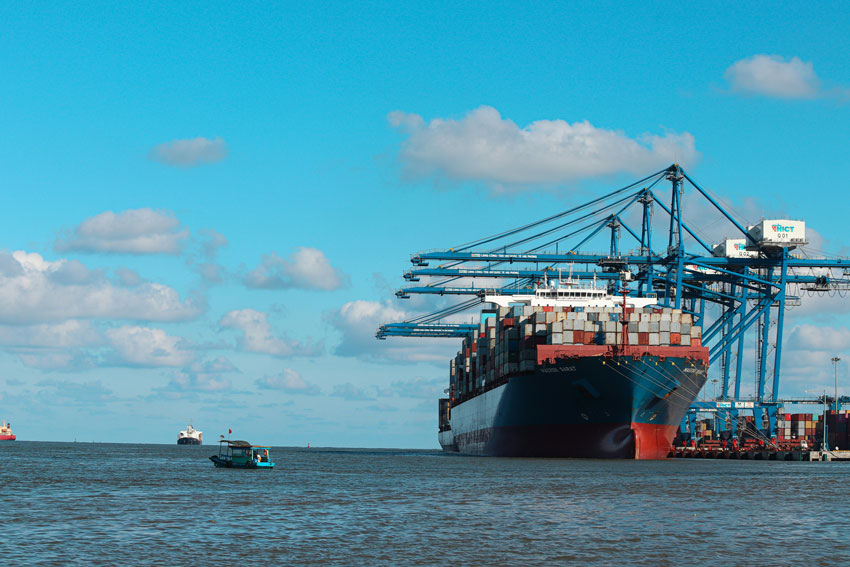Maritime law, also known as admiralty law, serves as the legal framework governing activities on the high seas and coastal waters. Rooted in centuries of maritime tradition and international treaties, maritime law regulates various aspects of maritime commerce, navigation, and environmental protection. This article explores the principles and sources of maritime law, as well as its role in promoting safety, security, and sustainability on the world’s oceans.
Principles of Maritime Law: Maritime law is guided by several fundamental principles, including freedom of navigation, flag state jurisdiction, and the duty to render assistance to vessels in distress. These principles uphold the rights and responsibilities of states, shipowners, and seafarers while balancing competing interests in maritime activities. Additionally, maritime law incorporates principles of liability, compensation, and environmental protection to address accidents, pollution incidents, and other maritime emergencies.
Sources of Maritime Law: The body of maritime law comprises various sources, including international conventions, customary law, national legislation, and judicial precedents. Key international instruments, such as the United Nations Convention on the Law of the Sea (UNCLOS), establish the legal framework for maritime activities, delineate maritime boundaries, and codify rights and obligations of states in maritime zones. National maritime laws complement international conventions by regulating domestic shipping, port operations, and marine pollution within territorial waters and exclusive economic zones.
Maritime Safety and Security: Maritime law plays a crucial role in ensuring the safety and security of maritime navigation and commerce. International regulations, such as the International Maritime Organization’s (IMO) Safety of Life at Sea (SOLAS) convention, establish standards for ship design, construction, and operation to prevent accidents and mitigate maritime risks. Similarly, legal frameworks for maritime security address threats such as piracy, terrorism, and illicit trafficking, fostering cooperation among states to safeguard maritime trade routes and protect vessels and crews from harm.
Environmental Protection: The preservation of marine ecosystems and biodiversity is a central concern of maritime law. International agreements, such as the International Convention for the Prevention of Pollution from Ships (MARPOL), regulate maritime pollution from ships, including oil spills, sewage discharges, and air emissions. Additionally, marine protected areas, biodiversity conservation measures, and sustainable fisheries management initiatives are supported by legal frameworks at the national and international levels to promote the sustainable use of marine resources and mitigate anthropogenic impacts on the marine environment.
Conclusion: In conclusion, maritime law serves as the cornerstone of governance for activities on the high seas, providing the legal framework for navigation, commerce, and environmental protection. By upholding principles of freedom, safety, and sustainability, maritime law fosters cooperation among states, facilitates international trade, and preserves the ecological integrity of the world’s oceans. As maritime activities continue to evolve in the 21st century, the relevance and effectiveness of maritime law remain essential for promoting order, security, and stewardship on the maritime domain.


